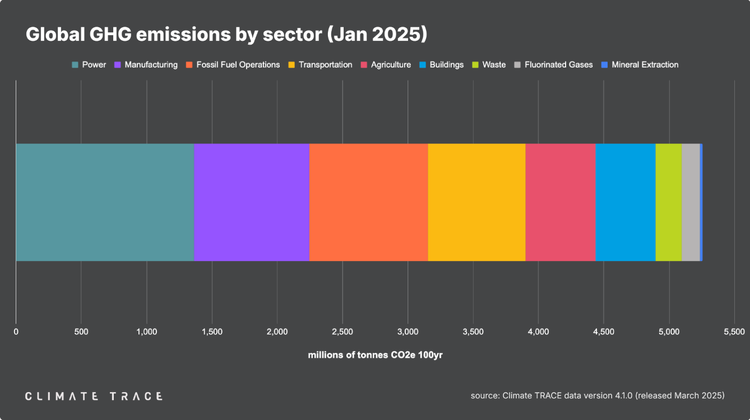US government releases carbon offsetting principles, hopes to boost voluntary carbon market

The US government is hoping to boost “high-integrity voluntary carbon markets” with a list of principles for responsible carbon offsetting, published today.
At a time of profound division over the use of carbon offsets to meet corporate climate targets, the voluntary carbon market (VCM) just received its strongest endorsement to date.
The Biden-Harris Administration today released a statement of policy stating that VCMs “can and should play a meaningful role” in helping the world limit global warming to 1.5ºC – and provided guidelines for the use of carbon credits by both companies and government agencies.
The documents are co-signed by Treasury Secretary Janet Yellen, Agriculture Secretary Tom Vilsack, Energy Secretary Jennifer Granholm, Senior Advisor for International Climate Policy John Podesta, National Economic Advisor Lael Brainard, and National Climate Advisor Ali Zaidi, and represent the government’s clear commitment to “advancing the responsible development of VCMs”.
“Voluntary carbon markets can help unlock the power of private markets to reduce emissions, but that can only happen if we address significant existing challenges,” said Secretary of the Treasury Yellen.
Principles for carbon offset integrity
The principles released today outline some of the criteria that should govern the activities of carbon credit project developers and buyers. For example, the document states that “carbon credits and the activities that generate them should meet credible atmospheric integrity standards and represent real decarbonisation”, adding that reduction should be additional, unique (without double counting risk), quantifiable, and verified by an independent third party.
Credit-generating activities should also avoid environmental and social harm and should, where applicable, support co-benefits and transparent and inclusive benefits-sharing.
In this sense, the guidelines are similar to the Core Carbon Principles published by the Integrity Council for the Voluntary Carbon Market (ICVCM) in July 2023 – though these are more stringent around the notion of “permanence”. Most integrity initiatives define permanence as the carbon storage that lasts 100 years or more, but the US government simply says “the emissions removed or reduced will be kept out of the atmosphere for a specified period of time”.
Responsible use of carbon credits
In terms of carbon offset use, the guidelines say companies should “prioritise measurable emissions reductions within their value chains”, though it doesn’t set a minimum threshold for these reductions.
In comparison, the Voluntary Carbon Market Integrity Initiative (VCMI) Claims Code of Practice states that companies must set and publicly disclose SBTi-validated targets, which generally involve a 90% reduction across all scopes by 2050, before being able to make a ‘carbon integrity’-branded claim.
VCMI Executive Director Mark Kenber welcomed the guidelines, which he said are "fully compatible with VCMI’s Claims Code".
“We must seize every opportunity to reduce emissions today. Clear direction from governments gives companies confidence to act. This is exactly what the United States is providing," he added.
Like other voluntary guidelines, the US principles add that credit users should also publicly disclose the nature and quantity of purchased carbon credits. They add that climate claims made by companies on the basis of carbon offsetting “should accurately reflect the climate impact of retired credits and should only rely on credits that meet high integrity standards”.
Finally, the US government encourages market participants and policymakers to contribute to VCM integrity efforts.
The administration’s announcement comes just days after four US-based tech corporations announced their intention to develop 20 million tonnes of carbon credits from nature-based projects by 2030.







Member discussion